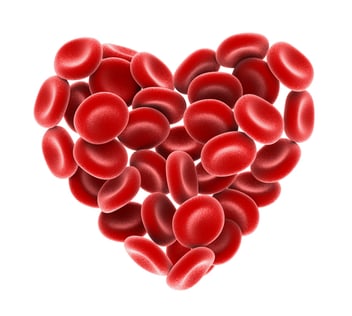Welcome to 2019: a year that holds some exciting developments for multiple sclerosis medication choices. There are a number of new medications which have reached the late stage of product development and testing; this means at least a few of these should become available this year.
Currently, there are nine key medications that are FDA approved and serve as go-tos for the 400,000 Americans with multiple sclerosis, they include:
- Alemtuzumab (Lemtrada)
- Dimethyl fumarate (Tecfidera)
- Fingolimod (Gilenya)
- Glatiramer acetate (Copaxone, Glatopa)
- Interferon-beta-1a (Avonex, Rebif, Plegridy)
- Interferon-beta-1b (Betaseron, Extavia)
- Mitoxantrone (Novantrone)
- Natalizumab (Tysabri)
- Teriflunomide (Aubagio)
However, heading deeper into 2019 there are a number of MS medications which could join the above list of FDA-approved treatments. These late-stage development medications include the following:
Ofatumumab (Arzerra, Novartis)
This medication is a monoclonal antibody targeting the CD20 receptor of B cells; currently it’s used for chronic lymphocytic leukemia. Studies indicate benefits for MS as a monthly subcutaneous injection administered by the patient. As studies are wrapping up, this medication may be considered by the FDA this year.
Ublituximab (TG Therapeutics)
This is a chimeric monoclonal antibody also targeting the CD20 receptor. It may have particular application for the relapsing form of MS. This medication, if it is approved, is administered as an infusion.
Siponimod, Ozanimod, and Ponesimod
These three are second-generation S1P-receptor modulators. They work similarly to Fingolimod (Gilenya, Novartis); however they appear to be more selective in their mechanism which could improve both efficacy and safety.
Masitinib (Masivet, AB Science)
This is an oral medication and is a first-in-class tyrosine kinase inhibitor being researched for the PPMS and relapse-free secondary progressive forms of MS. It is highly selective which might mean fewer adverse effects.
MD1003 (MedDay Pharmaceuticals)
This novel oral medication is actually a highly concentrated form of the B vitamin biotin. It may help treat SPMS and PPMS.
Source
Kish T. Promising multiple sclerosis agents in late-stage development. Pipeline Plus 2018;43(12):750-3.
Related Posts
Polypharmacy Calls for a Specialty Pharmacist
Ongoing health issues tend to come with the need for multiple medications. This is so common that...
National MS Education and Awareness Month
Welcome to March, when BioPlus joins the Multiple Sclerosis Foundation in celebrating the National...
In the Know with Bleeding Disorders
Hemophilia Awareness Month occurs each March, which remains important since most people continue...
The Generic Side of MS Treatment
At the 37th Annual J.P. Morgan Healthcare Conference in San Francisco last week, there was not...





